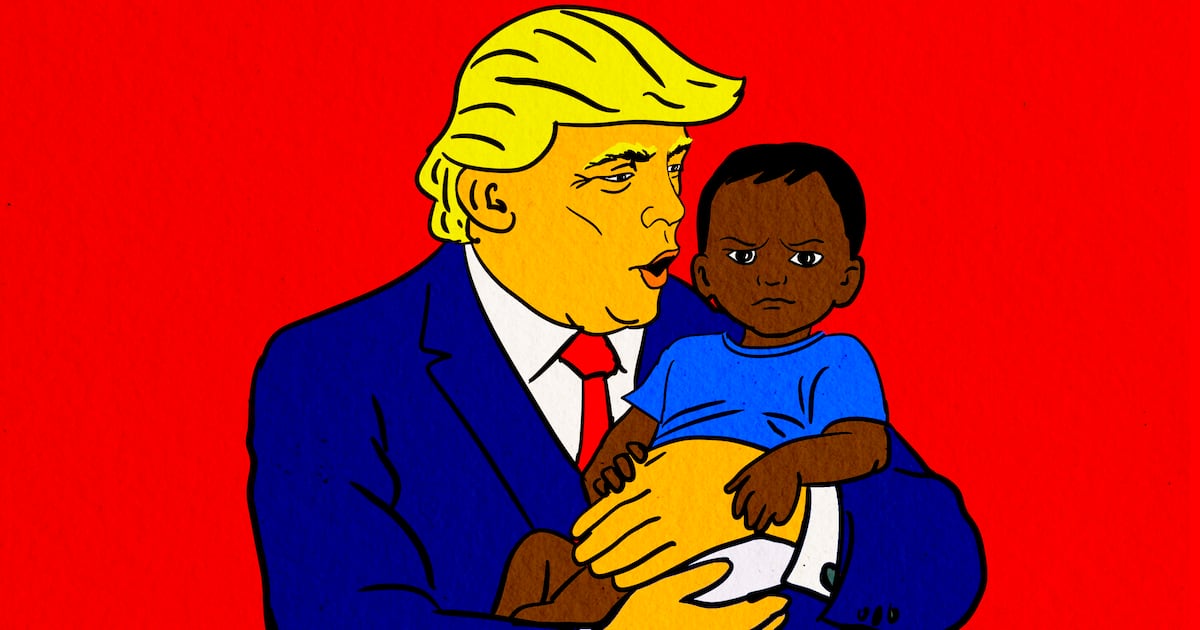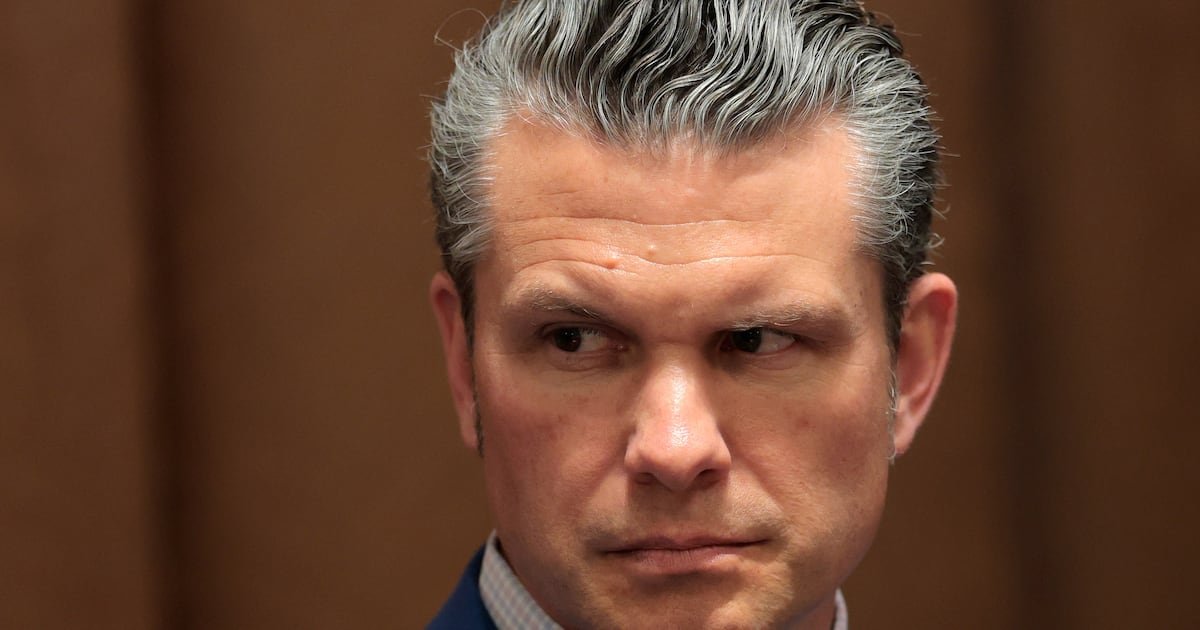On Monday morning, Twitter’s 300 million users were unable to air their personal and political grievances on the social media site, which was down between 3:00 a.m. EST and 8:30 a.m. EST (in some parts of the world it wasn’t back up until noon).
It reactivated just in time for a lengthy, written conversation between two New York magazine writers, Annie Lowrey and Abe Riesman, about why they’re quitting Twitter. Basically, they want a respite from bullies, distractions, and viral debates about the proper way that dogs should wear pants.
But the very idea of quitting Twitter, or substantially rationing one’s involvement on the site, provoked an existential, 2,577-word debate between the two writers.
They opened by acknowledging the absurdity of this debate: Riesman is “fully aware of how insane this discussion must sound to any sane human being”; Lowrey agrees “100 percent” and adds that she has “rarely spent so much time contemplating my own navel.” That said, commence the navel-gazing discussion.
For anyone who works in media, quitting Twitter is like removing yourself from the school playground, where gossip and news are first leaked and everyone is competing in a popularity contest.
Unless you’re an eminently revered novelist or an aging journalist with a well-known byline, quitting Twitter will make you less visible to your writing audience, as well as to other editors and writers.
You’ll be less clued in to breaking news, hot takes, and the endless stream of jokes and observations from politicos during presidential debates.
If this is your bread and butter, quitting Twitter will make you anxious and emotionally ravaged by FOMO (“fear of missing out”), so much so that you won’t actually “quit.”
Indeed, neither Lowrey nor Riesman has signed off the network. Instead, they’ve cut back in their own ways. On Monday morning, Lowrey tweeted a link to her conversation with Riesman: “GOODBYE FOREVER TWITTER.”
Riesman has been absent from the Twitterverse for four days, when he promoted his most recent story (his feed is currently filled with links to his pieces).
Though Lowrey was tweeting during recent debates and last week’s State of the Union, Twitter has “mostly been a megaphone for me, not a chat room, and much less of a megaphone than it used to be, at that.”
If you’re like Lowrey, who has 45,000 followers, you’ll likely be criticized by many who disagree with your 140-character opinions or a story you wrote and linked to in a tweet. And because this is all happening on the Internet, there will be a good number of asshats among those 45,000 followers who will criticize you for something entirely unrelated to your work or your politics.
After a certain point, this was too much for Lowrey.
As an “official woman-on-the-Internet,” Lowrey had suffered years of “mansplaining from well-intentioned friends. The forest-for-the-trees criticism of my grammar... The constant, degrading references to me as my husband’s wife.” (Lowrey is married to Ezra Klein, also a journalist, who has more than a million Twitter followers.)
Her breaking point came when a story she wrote about poverty was met with “a flood of nasty, sexist tweets and emails—just days and days of it. It was impossible to defend myself, and impossible to work, and impossible to focus, and I just wanted to leave the Internet forever.”
Most of us have wanted to leave the Internet forever at some point in time, enraged by idiotic comments in our Facebook feeds following a major news event, or driven to distraction by the whir of everyone weighing in on Twitter.
But we also know that we live in an Internet age, and unless we want to become ice fishermen in Alaska, leaving the Internet forever is a pipe dream. And most writers accept that exposing themselves and their work comes with the risk of being relentlessly criticized.
Riesman has significantly fewer Twitter followers than Lowrey (around 7,000), but his reasons for limiting his activity are similar: being on the receiving end of a deluge of insults after he tweeted something about Star Wars, and investing too much time and emotional energy in petty online arguments.
He doesn’t engage with anyone on Twitter anymore, but acknowledges that “there are still some quasi-essential purposes that it serves for my professional life.”
The fact that Lowrey and Riesman felt compelled to have this conversation demonstrates how myopic the media world has become. Indeed, Twitter is an insular echo chamber for people who don’t follow or engage others with different opinions.
They may be taking a break from their Twitter feeds, but by announcing their departures, they’re signaling to their followers: this is an experiment—don’t give up on me!
Twitter is part of their job. If two equally qualified writers are vying for the same role, the one with more Twitter followers will get it. Being “good” at Twitter—being quick-witted in 140 characters and skilled at multitasking—is a valuable weapon in the modern writer’s armory, even if it doesn’t necessarily reflect one’s talent as a crafter of words.
One Daily Beast colleague, a tremendously gifted and experienced writer who only recently joined Twitter, compares it to standing in the middle of Times Square and shouting your opinions (or your breaking news scoops) to millions of passersby, hoping someone will listen.
It’s a lot of effort for what he views to be a largely thankless and futile exercise. Yet he’s on there for a reason.






